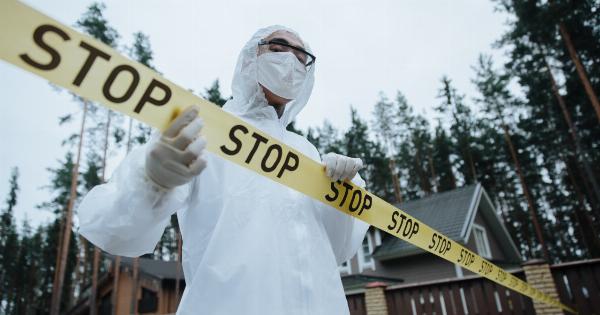Blood tests are a common diagnostic tool used by doctors to help diagnose and monitor various health conditions. However, many blood tests require patients to fast for a certain amount of time beforehand.
So, how long should you fast before a blood test? And why is fasting necessary in the first place?.
What is Fasting?
Fasting is the practice of abstaining from food and drink for a certain amount of time. Many people fast for religious or spiritual reasons, while others do it for health benefits.
When it comes to blood tests, fasting is required to obtain accurate results for certain tests.
Why is Fasting Required?
Fasting before a blood test is required for certain tests to ensure accurate results. Eating or drinking before a blood test can affect the levels of certain substances in your blood, such as glucose and triglycerides.
For example, if you eat a meal that is high in sugar, your blood glucose levels will temporarily rise, which can interfere with certain blood tests that measure glucose levels. Fasting before a blood test helps to ensure that the results are accurate and reliable.
How Long Should You Fast?
The length of time you need to fast before a blood test depends on the specific test being done. In general, it is recommended to fast for 8-12 hours before a blood test that requires fasting.
This means not eating or drinking anything other than water for 8-12 hours prior to the test.
If you are unsure whether you need to fast before a blood test, it is best to check with your doctor or healthcare provider. They can provide specific instructions based on the tests being done and your individual health needs.
What Can You Drink During a Fast?
While fasting, you can drink water and other clear fluids, such as tea or coffee without sugar or cream. However, it is important to avoid anything that may affect the accuracy of the test results.
For example, avoid drinking any fruit juices or sugary drinks, as these can affect your blood glucose levels.
What Tests Require Fasting?
Not all blood tests require fasting. However, some common tests that require fasting include:.
- Glucose tests: Fasting blood glucose test and HbA1c test
- Lipid tests: Cholesterol test and triglyceride test
- Liver function tests: ALT, AST, and alkaline phosphatase
- Renal function tests: Creatinine and blood urea nitrogen (BUN)
- Fasting is also required before some blood donation procedures.
Tips for Fasting Before a Blood Test
Fasting can be challenging, especially if you are used to eating or drinking at certain times. Here are some tips to help you prepare for a fasting blood test:.
- Make sure to drink plenty of water before your fast begins to prevent dehydration.
- Avoid heavy meals the day before the test. This can help you feel less hungry during the fast.
- Consider scheduling your blood test for first thing in the morning to minimize the length of your fast.
- If you feel faint or lightheaded during the fast, lie down and rest until you feel better.
Conclusion
In conclusion, fasting before a blood test is necessary for certain tests to ensure accurate results. The length of time you need to fast depends on the specific test being done.
If you are unsure whether you need to fast, check with your doctor or healthcare provider. Remember to drink plenty of water during the fast and consider scheduling your test for first thing in the morning.























